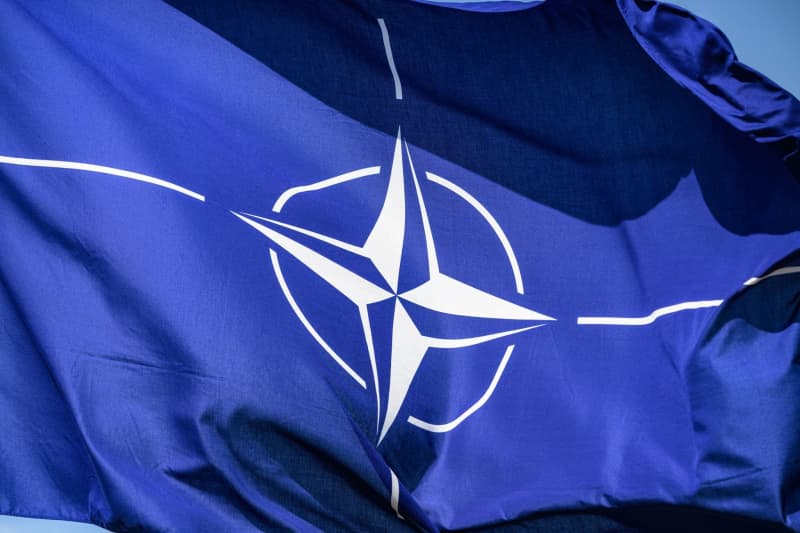NATO has reaffirmed its commitment to supporting Ukraine amid escalating tensions due to North Korea’s militaristic involvement in the ongoing conflict. In a statement published by the NATO council, which consists of 32 member nations, the alliance reiterated its unwavering support for Ukraine, emphasizing that they will continue to aid the nation in its efforts against Russian aggression “for as long as it takes.” The primary objective is to bolster Ukraine’s military capabilities, enabling its forces to effectively counter the ongoing threats from Russia. NATO’s response has been prompted by Western intelligence reports indicating that North Korea is contributing thousands of troops to assist Russian military operations, a development that raises alarms for the alliance.
The support from North Korea reportedly includes not only combat soldiers but also significant supplies of ammunition and ballistic missiles. This involvement is viewed as a serious escalation in the conflict, as NATO leaders express concerns over the increasingly complex and dangerous dynamics of the war. The collaboration between North Korea and Russia marks a notable shift in the conflict landscape, suggesting that the war in Ukraine is becoming more of a proxy battleground with global implications. The NATO alliance remains vigilant as these developments unfold, reiterating the need for continued and robust support for Ukraine in light of these escalating challenges.
Reports from Kyiv indicate that there have already been clashes between Ukrainian forces and North Korean soldiers stationed in the Russian border region. Ukrainian President Volodymyr Zelensky confirmed that there have been casualties as a result of these skirmishes, though he did not provide specific details regarding the numbers or circumstances. The presence of approximately 11,000 North Korean soldiers in the Kursk area has raised serious concerns about the potential for prolonged and intensified confrontations, as these troops are engaged in active combat against Ukrainian forces. This situation not only complicates the current battlefield dynamics but also raises questions about the broader geopolitical implications.
The situation is compounded by NATO’s ongoing efforts to ensure that Ukraine remains equipped to defend itself against any form of aggression. The alliance’s commitment to Ukraine is critical, especially in light of the threat posed by North Korean involvement. NATO’s strategy involves not just arms supplies, but also training and intelligence-sharing, aimed at enhancing Ukraine’s defensive capabilities against a multifaceted threat. The mutual support between North Korea and Russia diverges from global norms of military engagement, underlining the complexity of international relations in the current era.
As the conflict escalates, the urgency for NATO to act is palpable. Member nations are increasingly aware that the actions taken now will have lasting repercussions on the security architecture of Europe and beyond. The alliance’s solidarity with Ukraine signals a strategic determination to deter further aggressive maneuvers from Russia or its allies. The situation requires an integrated response from NATO, which includes diplomatic, military, and economic measures aimed at safeguarding Ukrainian sovereignty and promoting stability in the region.
In this context, NATO’s resolve to support Ukraine is not only about providing military assistance; it also encompasses a broader vision of upholding international laws and norms against aggression. The inclusion of North Korean troops in the conflict illustrates the dangerous geopolitics at play and the far-reaching implications of such alliances. As NATO continues its support for Ukraine, the alliance must navigate a complex web of relationships and conflicts while ensuring that it remains effective and responsive to the evolving situation on the ground. The stakes are high, and the outcome of this geopolitical confrontation will undoubtedly shape the future of international relations in the region and beyond.

